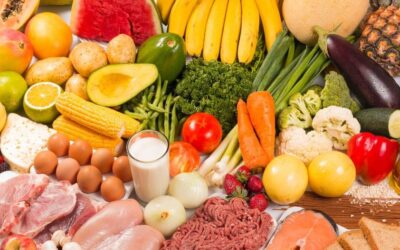Everything converges around gut healing and good digestion, for almost any condition.
This is partly because 70-80% of your immune system lives in your gut, so to affect your immune response to foods, you have to take the solution to where most of your immune system calls home, and nurture it there.

If you are breastfeeding mother, how well you digest your food has a direct impact on what goes into your marvellous human milk, because the basic particles of your food have to get through the gut wall, into your bloodstream, to get to your boobs, to make the milk. Phew! It’s complicated.
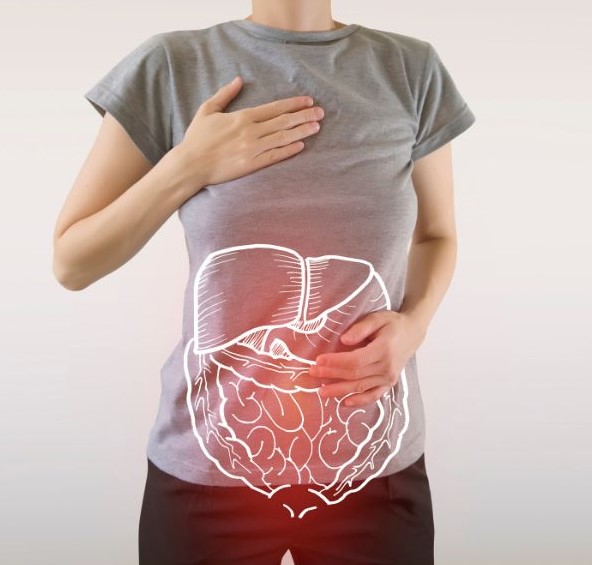
However, guts can leak a bit, and, if digestion isn’t working right, sometimes the gut walls can leak like a bucket full of holes.
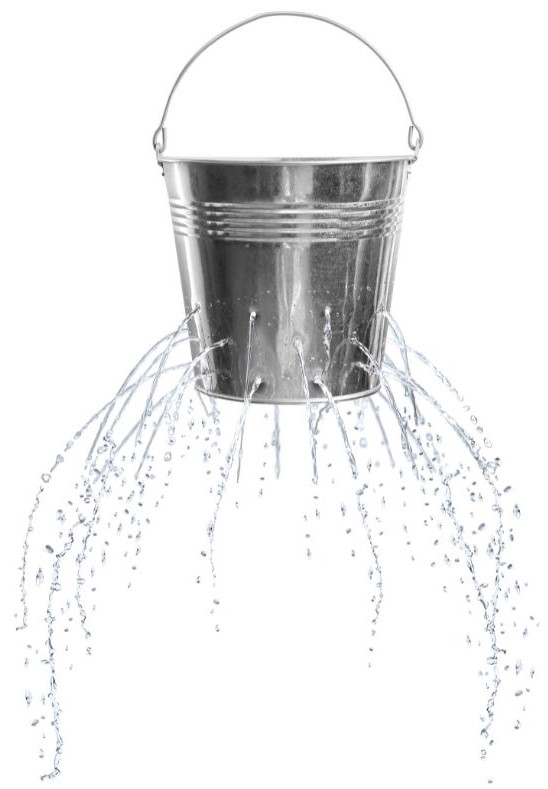
Anything can get through, including partly digested bits of food, still with its labels of origin on, like cow or wheat or…anything you eat a lot of – and alive or dead gut bugs.
This really annoys your immune system, and it sends it troops out after them. You aren’t supposed to have bits of actual food floating about in your bloodstream, or gut bugs. They could be really nasty if they unfriendly and find their way through your bloodstream, to get to set themselves up elsewhere in your internal organs.
It looks like a potential invasion to your hyper-alert immune system.
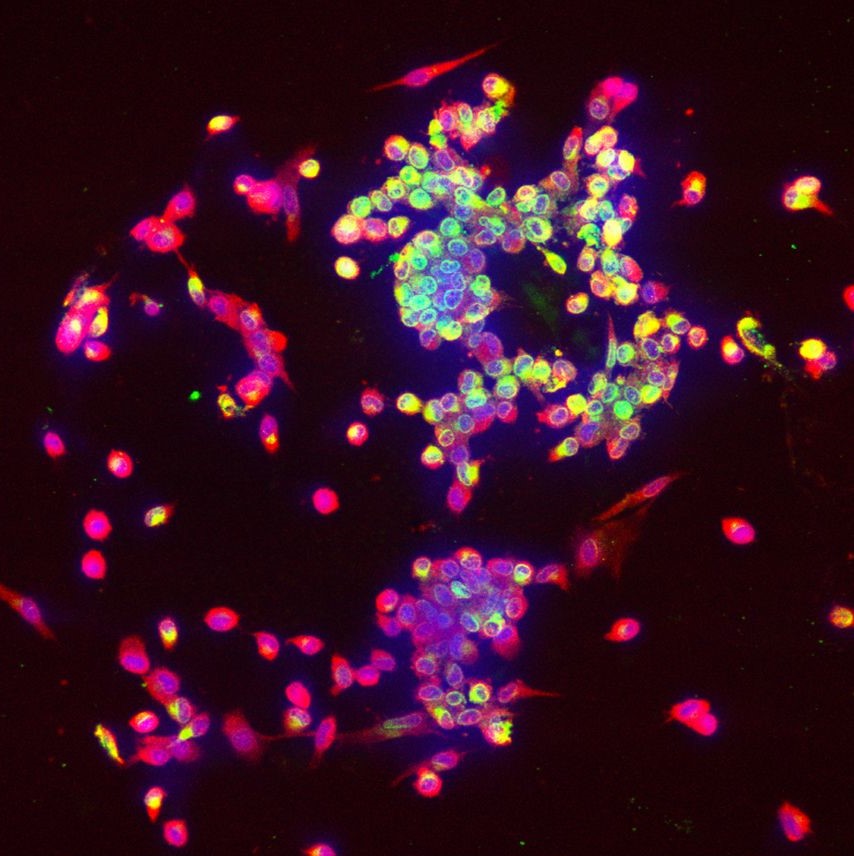
Your gut is very good at healing with its own leaks if you remove the things that are irritating it, like wheat and dairy reactions, and then your immune system can calm down a bit.
If you’ve been following the suggestions so far, you’ll know that friendly gut bugs can help too.
They educate the immune system to be more tolerant and they also thicken up the mucus lining of your gut wall, so it is harder for unfriendly bugs and undigested food to get close to the cell wall and cause trouble. They stay in the middle where they can be digested properly or get squeezed down and out.
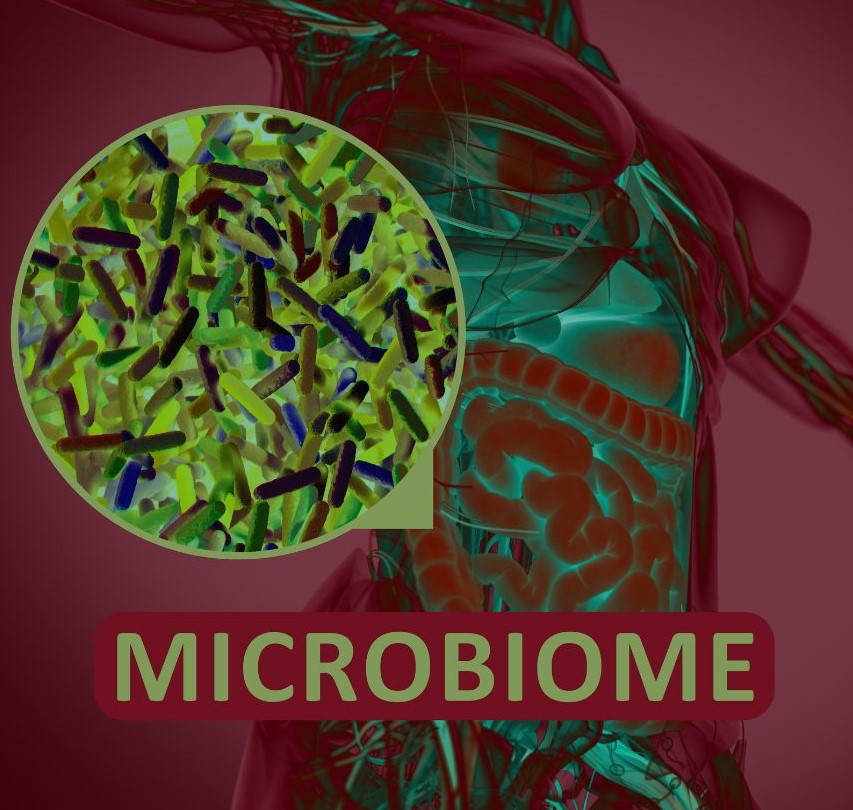
There is another factor at work though – how well you can digest your food.
If you haven’t been very well, and/or had a history of taking antibiotics, or had heartburn and have been taking acid blockers, then all those can affect how well you make stomach acid and digestive enzymes.
Age can make a difference too. Very few teenagers are popping proton-pump inhibitors, (antacid drugs), but it’s something like 50% of the over fifties, and lower-than-optimal stomach acid can even affect people in their twenties and thirties.
If you can’t make enough stomach acid, you struggle to break down your protein foods, such as meats, fish, eggs, beans and tofu – into their basic amino acids. (They still keep their ‘foreign’ uniforms on, to your suspicious immune system border guards at your gut wall.)
Not only that, they still have the useful minerals such as iron, calcium, zinc and magnesium stuck firmly inside them – so you can’t absorb those either.
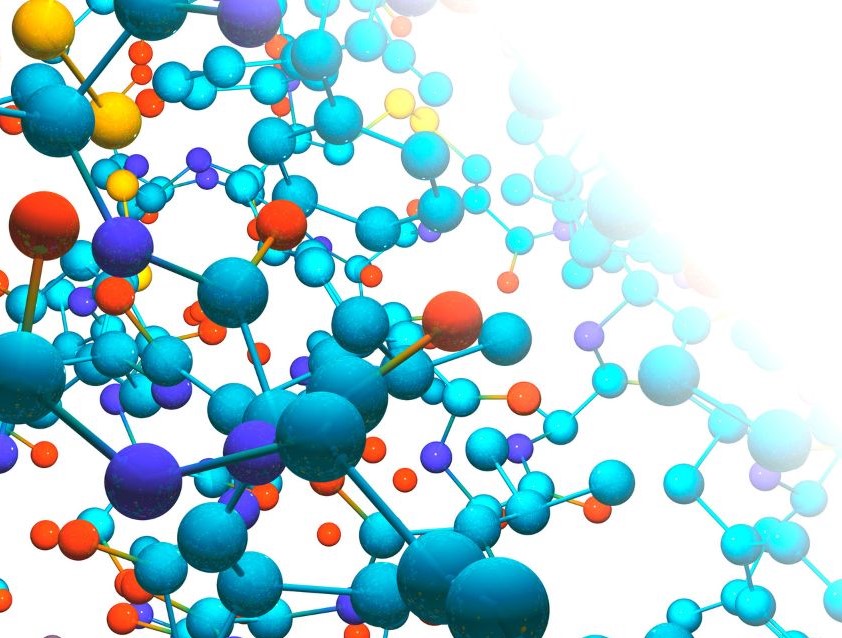
If you don’t make enough stomach acid, then that doesn’t tell your pancreas and gall bladder to release different sets of enzymes and bile, to digest the rest of whatever you are eating. This includes carbohydrates (starchy foods like potatoes and rice) and fats.
That means that you are less likely to absorb your water-soluble B vitamins, and fat-soluble vitamins such as A, D, E and K2.
To add insult to injury, by the time this undigested mixture tries to get absorbed into your bloodstream, your gut wall is likely to be up in arms, along with the immune system’s border guards.
Your gut can be a bit pink and inflamed, a bit gassy and achey, and leakier than ever, because white blood cells are opening up the gaps between cells to squeeze through and join the fight, and your bloodstream is awash with more white blood cells and antibodies, trying to clear up the mess.
Your boobs though, are blissfully unaware of the drama down in your guts, and pass on the antibodies (“Mum says fight these off if you come across them, babe”) and hoover up yummy bits of undigested protein to put into the milk to grow your baby.
Unfortunately, these undigested proteins still have their uniforms on (that the antibodies want to fight),
Your baby wants to grow, so absorbs the protein but also absorbs the antibodies and white blood cells, (Mum’s back-up brigade) that survive within the gut, tackle stray proteins at the gut wall and dive straight through into your baby’s bloodstream. These antibodies and white blood cells go round chasing the proteins that got though, telling your baby’s developing immune system to fight those off too.
This is what is generally causing mayhem at the baby’s gut wall.

This results in – you guessed it – colic in your baby (inflammation, pain and gassiness in the gut) and reflux (the baby’s immune system notices something coming down the pipe that it is suspicious about, so throws quite a lot of it back up, as a precaution).
So – now you’ve cut out wheat, dairy and anything else you’re suspicious of, plus added in some friendly bugs to help out, what do you do to help yourself make more stomach acid and digestive enzymes?
A simple way to help you make more stomach acid, is to let your stomach know that food will be coming, about 15 to 20 minutes before a meal.
Your stomach needs to wake up a bit, so give it something with a little acidic kick, some lemon juice, or cider vinegar– about two teaspoonfuls, diluted in a small glass of water.
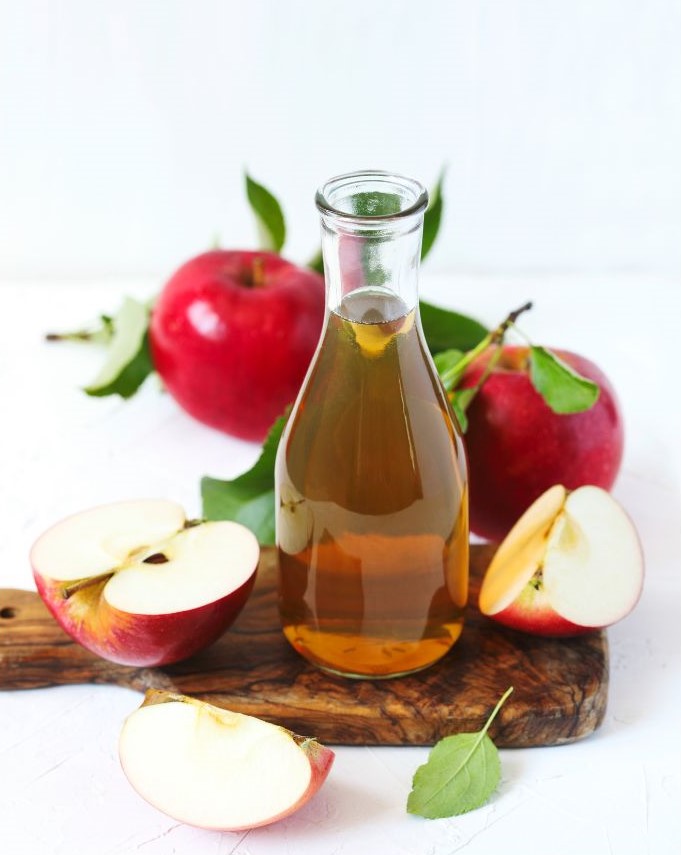
You can even use slightly bitter foods for this, like rocket, chicory, radicchio lettuce or olives. This is why European folk sometimes eat a green salad or olives as a starter, literally to “get the juices going”.
Action to take away, to help you digest your food better:
Add two teaspoonfuls of lemon juice or cider vinegar, or a mixture of both, to a small glass of water and drink it 15-20 minutes before you eat, while you are preparing your meal.

You can also use capsules of digestive enzymes, or, if you don’t have a history of heartburn or stomach pain, a mixture of encapsulated hydrochloric acid with pepsin or betaine, two protein-digesting enzymes.
These can give your stomach the additional acid and enzymes they need to digest your food, especially your protein foods. This means that they break down into their amino acids, the minerals are released, and your body can absorb them more safely, as their “uniforms of origin” have been taken off.
You can order digestive enzymes from the Natural Dispensary to take with meals.
https://naturaldispensary.co.uk
Supplements I often recommend to my clients are:
Nutri-Advanced Similase (Enzymes only)
Nutri Advanced – Nutrigest (Betain Hydrochloride with proteases and other enzymes)
Biocare – Spectrumzyme (Enzymes only)
BioCare – Polyzyme – (Enzymes only)
BioCare – Betain HCl & Pepsin
If you have a history of heartburn or any other gut issues though, please do talk to me first before taking digestive enzymes. You can book a free half hour call with me for a mini-consultation at this button below




